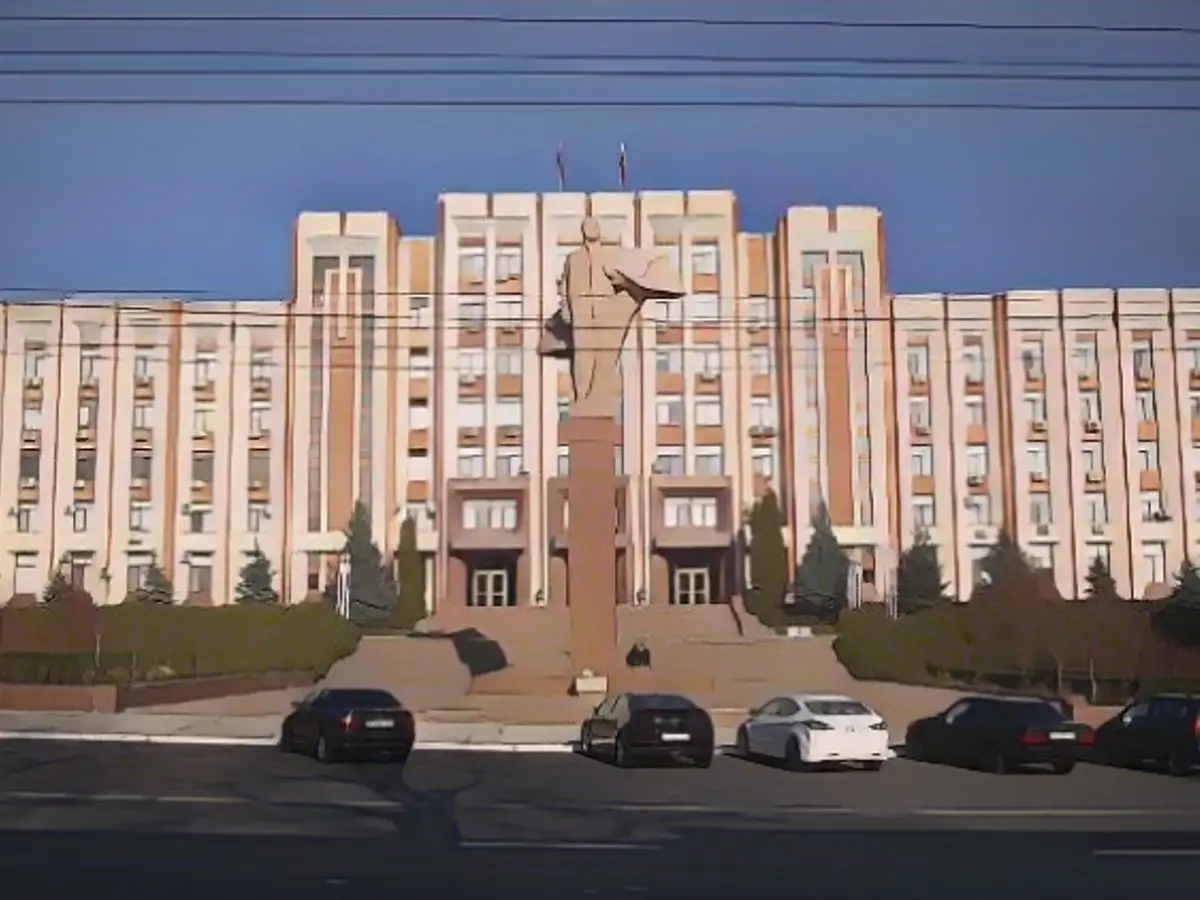Moldova's Army Exercises Rekindle Tensions with Russia
The Republic of Moldova''s decision to conduct military exercises near its disputed region, Transnistria, has sparked a fresh wave of tensions with its powerful neighbor, Russia. Despite Moscow's warnings, Moldova, encouraged by the EU's greenlight for accession negotiations, is bolstering its military presence just a stone's throw away from the conflict zone.
On the outskirts of EU and NATO member Romania, the Moldovan military is undertaking a military drill spanning from December 5 to 22. According to the Ministry of Defense, military vehicles are reportedly on the move. The pro-Western administration in Moldova views this action as a necessary defense measure in light of potential Russian incursions.
Last week, the EU provided Moldova with medical equipment, all-terrain vehicles, mine detectors, drones, and power generators to beef up its military capabilities. Russia, in turn, urged the Western-leaning leadership to steer clear of any attempts to take back Transnistria by force, which is predominantly controlled by Russian forces. In preparation for perceived Russian threats, strict security measures have been implemented at Chisinau's international airport to deter potential Russian fighters from entering the country.
On December 2, the Moldovan Parliament adopted its first national security strategy in 12 years, which includes an increase in defense spending. President Maia Sandu emphasized the importance of this strategy as a crucial step in bolstering Moldova's security and stability. The strategy also supports Moldova's European integration process, following the EU's decision to initiate accession negotiations with both Moldova and Ukraine on December 1.
Insights:
Moldova's bid for EU membership and the ongoing military tension between Moldova and Russia is a complex and delicate issue.
- Russian influence in Transnistria: Moldova has long argued that Russian troop presence in Transnistria is an infringement upon its sovereignty and a hindrance to regional stability. Although Russia cites peaceful intentions and the safety of Soviet-era weaponry depots, its continued presence raises significant concerns for Moldova.
- EU-Moldova relations: Moldova's commitment to aligning itself with European Union standards and governance reforms is evident in its pursuit of EU membership. This process, however, is fraught with challenges, including addressing corruption and eradicating vested interests in the political, economic, and public spheres.
- Negotiating with Russia: Moldovan leaders such as Prime Minister Dorin Recean believe that addressing the Russian military presence in Transnistria is possible in the broader context of European security, Ukraine, and potential Russian troop withdrawals.
- National security strategy: The recently adopted national security strategy aims to strengthen Moldova's defense capabilities, improve governance, and encourage economic development, all of which are crucial components in its eventual integration into the EU. The strategy also prioritizes collaboration between key stakeholders to ensure successful EU accession.
Taking the Temperature:
With European accession negotiations in full swing and tensions with Russia on the rise, Moldova's military drill near Transnistria represents a delicate balancing act between regional security concerns and its commitment to the EU. The challenge now is for Moldova to navigate this complex landscape while maintaining its integration progress and addressing the requirements of EU membership.








